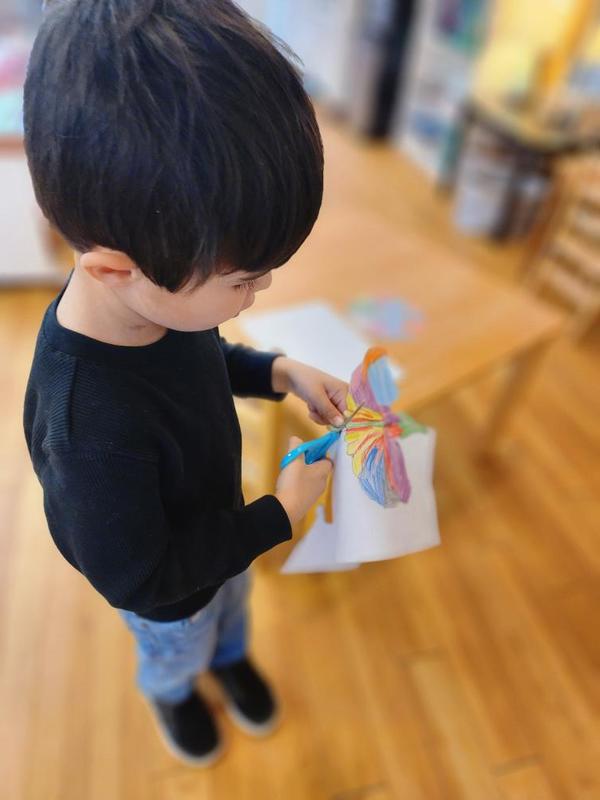(858) 759-0631
I wanted to continue talking about movement in the classroom. I truly appreciate all of you coming to our Back to School night, and I know I probably rushed through the movement aspect in the classroom, but it is essential for children. It is not only applicable in our environment, but it is also applicable in our daily lives. For example, as adults, we can hone our concentration on work after a walk, or we have more patience for things after a rigorous workout. This is all due to chemicals in our brains lighting up portions of our brains related to concentration.
This is similar to how children are.
Numerous studies have shown that children in the classroom focus more after a quick 20-minute playtime. I will link two of these articles to this blog if you want to read more about them. How it pertains in Montessori is a big part of Practical Life or daily things you might do around your house. For example, take the simple act of spooning batter from a bowl into a muffin tray. It has layers of importance to it. The first is the concentration aspect; a child can focus their attention on the task at hand, making sure that batter does not spill on the table. The second is their fine motor skills; they turn their wrist trying to scoop the batter from the bowl and then use the muscles in their hand to squeeze the batter from the scoop to the container. This allows them to exercise the muscles that are used to write and work on their concentration skills and muscle movement, not to spill a drop between the bowl and tray. The third, which may not seem obvious, is mathematical. The child must realize how much batter he needs to scoop into each container and make sure the batter is separated evenly between the 12 spots. In the end, this child may seem like he is just scooping batter into a muffin tray, but he is learning many things that benefit him and get a sweet treat.
This is just a simple example of what we do in the classroom and what you can do at home. Instead of sitting and doing writing or math problems, young children need to have them work on skills that will help them focus and refine their body movements. There continues to be research on this specific subject because society is focusing more on Academics for children as opposed to Physical Movements. I am happy to discuss this more as we continue. Please feel free to reach out if you have any questions or concerns.
Dr. Hillman and his studies on children with active movement and testing.
https://beckman.illinois.edu/about/news/article/2011/02/09/72648afe-64e5-4977-a5d3-5768c81c778c
Picture of Brain Studies with Dr. Hillman
- Caterpillar Teacher
Reference:
https://www.theatlantic.com/education/archive/2016/05/why-young-kids-learn-through-movement/483408/

